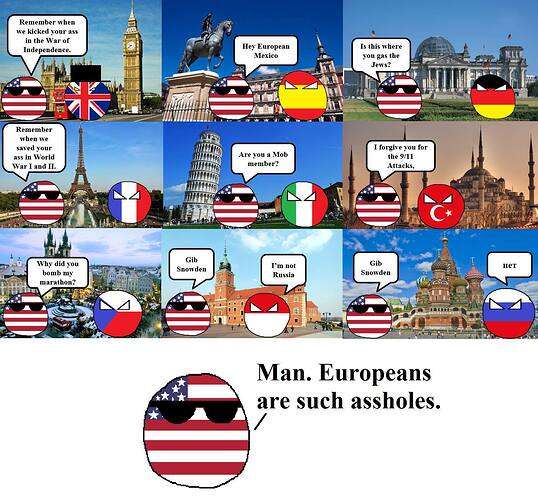A useful and common analogy - or is it ontology - that the self is in pieces and some pieces or this or that piece should be in charge, here ‘should rule’. And internal government. And internal master slave to point a bit at other parts of the context. Let’s say there are parts to the self and that parts can be overemphasized, creating problems. Seems reasonable, can fit what a phenomenologist would describe. At this point most humans/theorists jump to certain modes of relation - here the metaphor of autocracy, with the mind as the autocrat. The heart being, well, a faction of the polis, perhaps often seen to be a kind of mob organ. Swayed irrationally, etc. Other possible relations are not chosen, and generally it is not explained why. For example, the mind could inform the heart. The mind could merge with the heart, sharing it’s awareness, memory, analysis. 'Suddenly the heart is not just focused on the sad face of the guy who has been embezzling and has just been caught redhanded, but the repetition of this situation is part of the awareness -categorizations, memories, logging - it is flooded with by ‘the mind’. (as an aside these days when one says heart and juxtaposes it to mind, most modernists really mean limbic system vs. frontal lobes or some such). Creating a unity, informing, working with as a partner…these potential relations/dynamics/analogies are left off the table. A unitary organism is encouraged to continue as a disjointed set of parts, and even to give up energy to have one part controlling another. Splits made during childrearing and via the media and by schooling and by loopy portions of culture and then reinforced by philosophers and psychologists and self-help book writers, who all KNOW intuitively, since it all goes without saying, that only these kinds of ruler/ruled, master/slave, guard/prisoner dynamics work. And their politics regarding the out world will tend to match (or be guiltily denied) their internal form of government.
I have sympathy for this. Both history and meditation seem to lead one in this direction. And so what is actually a distortion is taken for what is.
None of this, obviously, is a denial of the fact that one can be too focused on the feelings/pain of others. In specific situations, as a general pattern. I say it is obvious but sometimes I have to state the obvious since it gets missed. So we shift from a fact/ a reality many encounter to the solution, the only solution, it seems. If something can be out of balance, then it must be under vigilant control by something else. And the fact that mind, that something else, has always been the root of the imbalance is neatly hidden in all this ‘realism’. For it was mind that told heart it had to deny itself for others, even if the mind in question is not aware of that part of itself.
And I should have added, this idea of parts ruling over parts exceedingly Christian (Abrahamic, even major religion, in general) and in the end an odd fit for a philosopher so critical, if in a complex manner, of Christianity.
